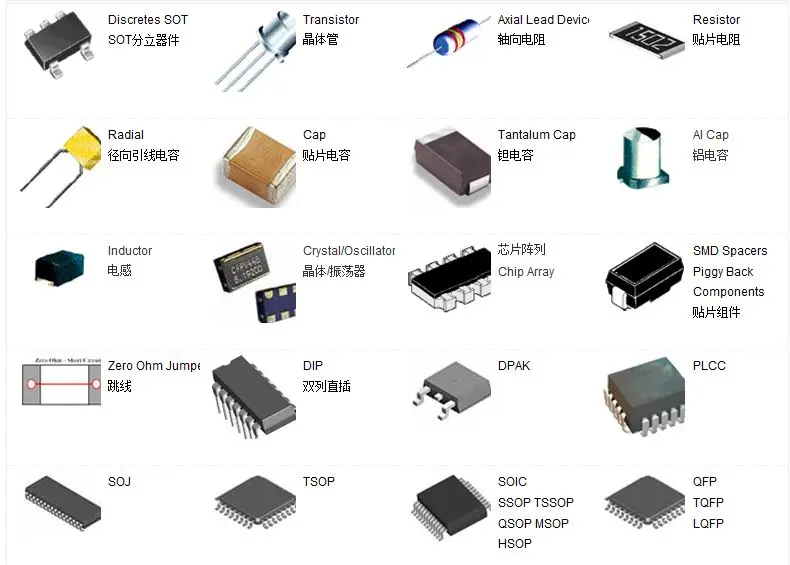
As technology advances and electronic devices become increasingly complex, understanding the intricate details of the components that make them work is vital. One such component that plays a crucial role in modern electronic systems is the A472j resistor. This tiny but powerful unit serves as a crucial element in various electronic circuits, ensuring the smooth operation and functionality of numerous devices we use daily.
In this comprehensive guide, we delve deep into the specifications of the A472j resistor, shedding light on its unique features, applications, and the significance of its datasheet. By the end of this article, you’ll gain a thorough understanding of the technical aspects behind this component and how it impacts the functioning of your electronic equipment.
What sets the A472j resistor apart from other conventional resistors?
Resistors are integral to electronic circuits, as they control and regulate the flow of electrical current. The A472j resistor, in particular, exhibits exceptional characteristics that set it apart from other resistors commonly available. Its outstanding stability, high precision, and reliable performance make it a popular choice among engineers and hobbyists alike.
Through a careful examination of the A472j resistor datasheet, you will uncover critical details such as its resistance value, tolerance level, power rating, and operating temperature range. These specifications offer valuable insights into the functioning and limitations of this electronic component, allowing you to make informed decisions when designing or troubleshooting a circuit.
A472j Resistor Datasheet: Basics and Specifications
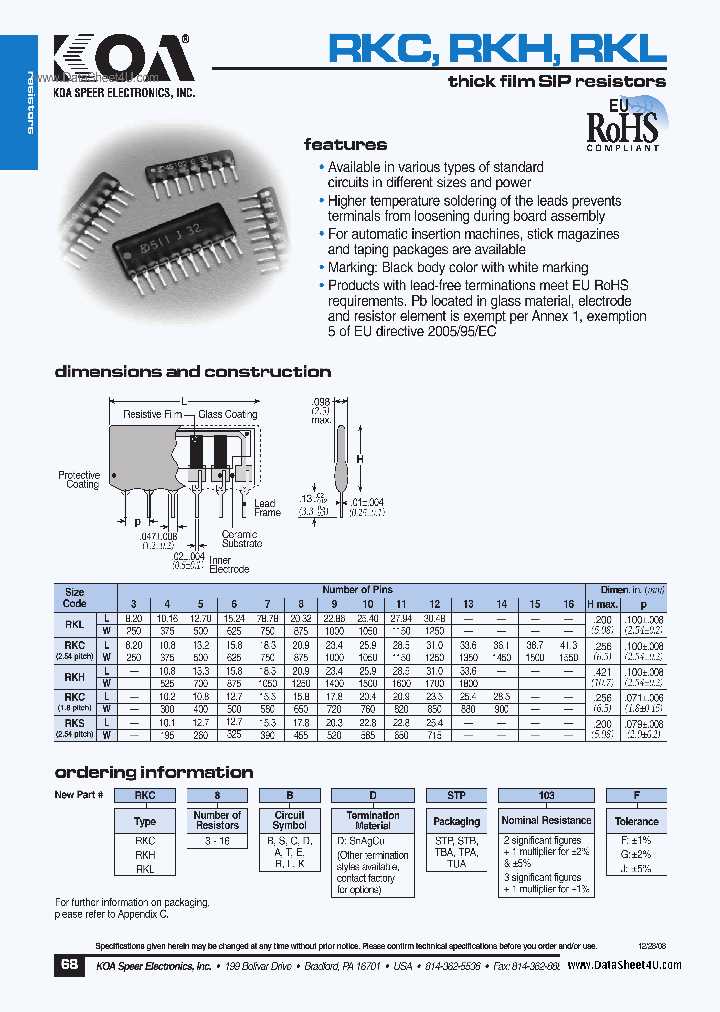
Introduction:
In this section, we will provide an overview of the essential concepts and specifications related to the A472j resistor. The A472j resistor, also known as a ceramic capacitor, serves a crucial role in electronic circuits. Understanding the basics and specifications of this component is vital for proper use and integration in various applications.
Component Functionality:
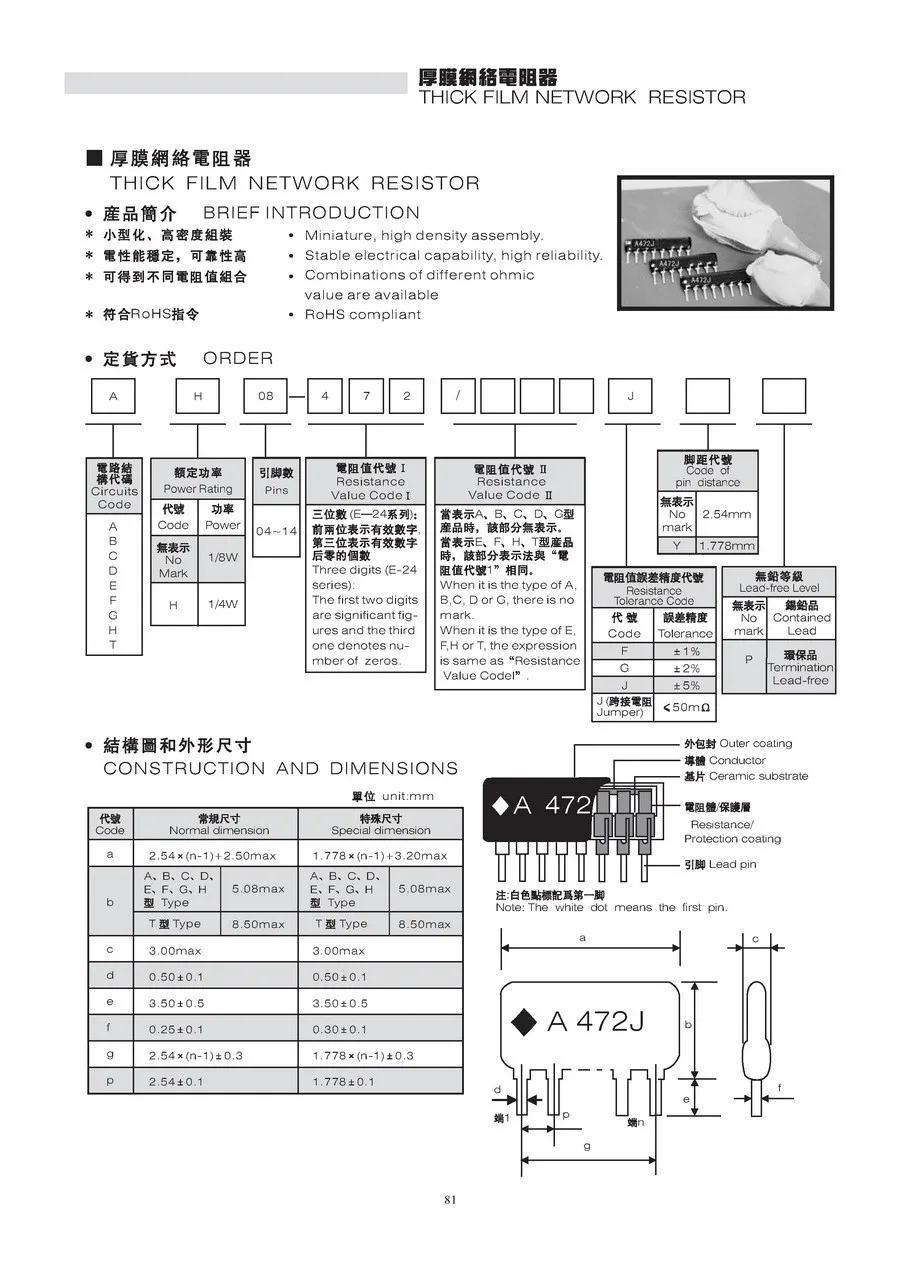
Before delving into the technical specifications, it is important to comprehend the fundamental functionality of the A472j resistor. This component acts as an essential passive electrical element that restricts the flow of current in a circuit. By offering resistance to the flow of electrical current, it helps regulate and control the overall circuit behavior.
Technical Specifications:
Now let’s dive into the technical specifications of the A472j resistor, ensuring that we have a comprehensive understanding of its performance characteristics. The following table outlines the key specifications of the A472j resistor:
| Specification | Description |
|---|---|
| Resistance Value | The measure of the A472j resistor’s opposition to current flow, typically expressed in ohms (Ω). |
| Tolerance | The allowable deviation from the specified resistance value, indicating the resistor’s precision. |
| Power Rating | The maximum power that the A472j resistor can dissipate without damage, expressed in watts (W). |
| Temperature Coefficient | The rate at which the resistance of the A472j resistor changes with temperature variations, indicating its stability. |
| Package Size | The physical dimensions of the A472j resistor, providing information on its size and form factor for component placement. |
By familiarizing ourselves with these specifications, we gain a better understanding of the A472j resistor’s capabilities and limitations. This knowledge enables us to make informed decisions when selecting and implementing the component into electronic circuit designs.
Understanding the A472j Resistor: Features and Functionality
Resistors are essential components in electronic circuits, playing a crucial role in regulating the flow of electric current. The A472j resistor is a popular choice among electronics enthusiasts and professionals due to its unique features and functionality. This article aims to provide a comprehensive understanding of the A472j resistor, exploring its various characteristics and applications.
Characteristics of the A472j Resistor
The A472j resistor, also known as the 4.7kΩ resistor, possesses several distinctive characteristics that make it versatile and widely used. One of its key features is its tolerance, which indicates the allowable deviation from the specified resistance value. Additionally, the A472j resistor offers high precision, ensuring accuracy in electronic circuits by minimizing resistance variations. Moreover, it exhibits low noise levels, thereby reducing disturbances and improving overall circuit performance.
Functionality and Applications
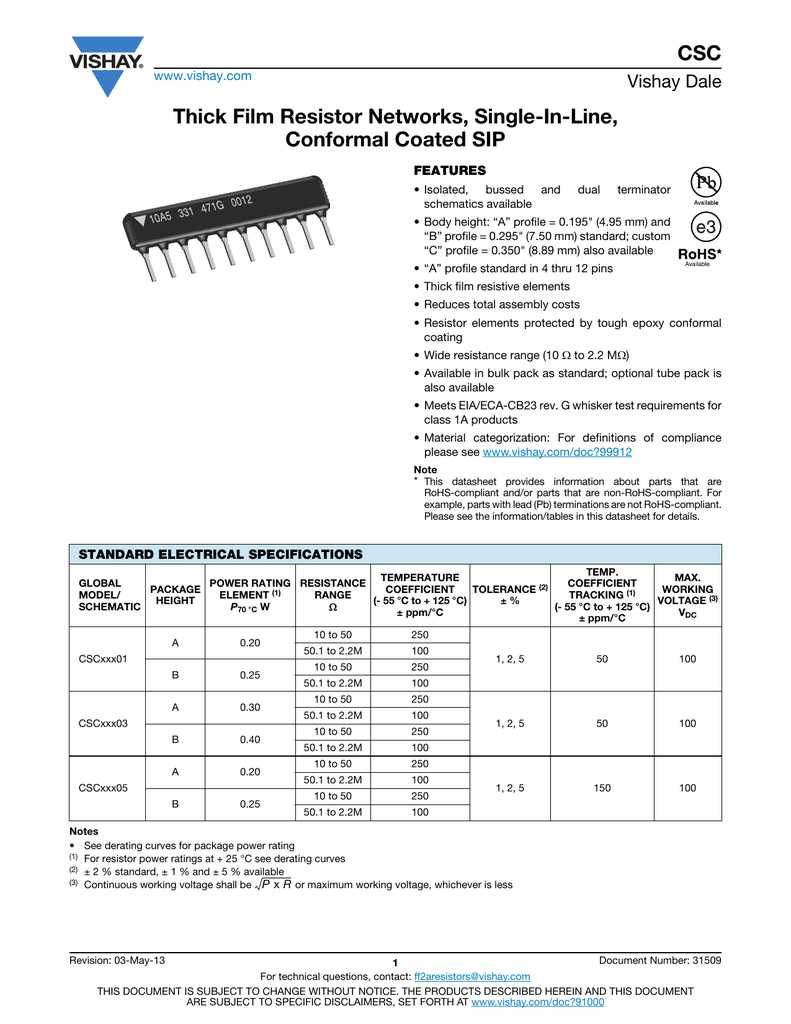
The A472j resistor finds applications in various electronic devices and systems, owing to its excellent functionality. It is commonly used in voltage dividers, which are circuits that divide the input voltage into proportionate output voltages. The A472j resistor also acts as a pull-up or pull-down resistor in digital circuits, ensuring a stable reference voltage and preventing unwanted voltage fluctuations. Furthermore, it serves as a current limiter, protecting sensitive components from excessive electrical currents.
In conclusion, the A472j resistor represents a vital component in modern electronics, offering unique features such as high tolerance, precision, and low noise. Its functionality spans across different applications, including voltage dividers, digital circuits, and current limiting. Understanding the characteristics and applications of the A472j resistor is crucial for engineers and hobbyists alike, enabling them to design and optimize electronic circuits effectively.
Technical Specifications of the A472j Resistor
The following section provides an overview of the technical specifications for the A472j resistor, a vital component used in electronic circuits for controlling the flow of electric current. These specifications outline the key characteristics and performance attributes of the A472j resistor, allowing engineers and designers to make informed decisions regarding its application in various electronic devices.
Resistance Range
The A472j resistor offers a wide range of resistance options, providing flexibility in designing circuits for different applications. With its varying resistance values, the A472j resistor facilitates precise control of current flow, contributing to the overall functionality and performance of electronic devices.
Tolerance and Power Rating
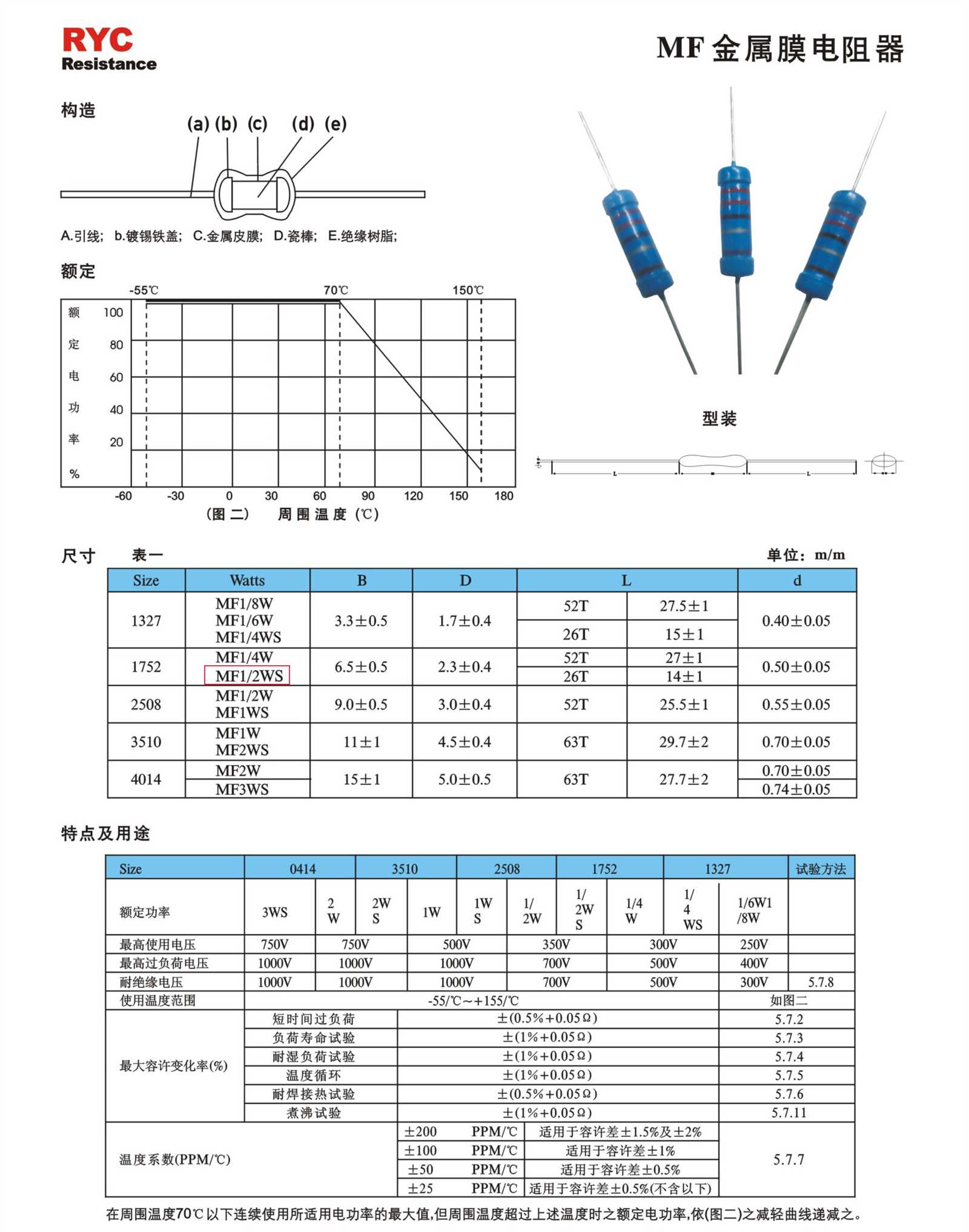
Manufactured with high precision, the A472j resistor offers low tolerance and high power rating. Its low tolerance ensures accurate and consistent resistance values, minimizing the impact of fluctuations in electrical current. Additionally, the high power rating allows the A472j resistor to withstand increased electrical loads, ensuring durability and reliability in demanding operating conditions.
Overall, the technical specifications of the A472j resistor highlight its suitability for diverse electronic applications, providing engineers and designers with a reliable and versatile component for controlling current flow and ensuring optimal performance of electronic devices.
A472j Resistor Datasheet: Performance and Applications
In this section, we will explore the performance characteristics and various applications of the A472j resistor. This component plays a crucial role in electronic circuits by providing precise resistance values that enable the proper functioning of different devices and systems.
One of the key performance metrics of the A472j resistor is its resistance tolerance. This term refers to the allowable deviation from the specified resistance value, which ensures the accurate measurement and control of electrical currents. The A472j resistor demonstrates a high level of resistance tolerance, guaranteeing reliable and consistent performance in various electronic applications.
Another essential aspect to consider is the power rating of the A472j resistor. This attribute determines the maximum power that the resistor can dissipate without getting damaged due to excessive heat. The A472j resistor exhibits a robust power rating, allowing it to handle significant power loads while maintaining its stability and performance over extended periods.
The temperature coefficient of resistance is another critical parameter of the A472j resistor. This coefficient indicates how the resistor’s resistance value changes with variations in temperature. The A472j resistor demonstrates a temperature coefficient that ensures its stability over a wide temperature range, making it suitable for diverse environmental conditions.
The A472j resistor finds applications in a diverse range of electronic devices and systems. Its precise resistance value and performance characteristics make it ideal for use in voltage dividers, current limiting circuits, signal conditioning modules, and analog-to-digital converters.
| Performance Characteristics | Applications |
|---|---|
| High resistance tolerance | Voltage dividers |
| Robust power rating | Current limiting circuits |
| Stable temperature coefficient | Signal conditioning modules |
| Analog-to-digital converters |
In conclusion, the A472j resistor exhibits excellent performance characteristics, making it a reliable choice for various electronic applications. Its high resistance tolerance, robust power rating, and stable temperature coefficient ensure accurate and consistent performance in voltage dividers, current limiting circuits, signal conditioning modules, and analog-to-digital converters.
Performance Characteristics of the A472j Resistor
In this section, we will explore the various performance characteristics exhibited by the A472j resistor, a popular electronic component used in a wide range of applications. Through an analysis of its operating parameters and key features, we will gain a comprehensive understanding of the overall performance of this versatile resistor.
Operating Temperature Range
One of the crucial aspects determining the performance of the A472j resistor is its ability to operate within a specific temperature range. The resistor is designed to function effectively within a wide temperature spectrum, ensuring reliable performance and maintaining its electrical properties even in demanding environments. This characteristic makes the A472j resistor suitable for applications subjected to varying thermal conditions.
Tolerance and Resistance Range
The A472j resistor exhibits a high level of precision in its resistance tolerance, which refers to its ability to maintain the specified resistance value. With a defined resistance range, this resistor provides reliable and accurate current flow control in electrical circuits. The A472j resistor is known for its stable resistance values across a wide range, making it suitable for precision applications that require consistent performance.
Additionally, the A472j resistor’s tolerance level ensures minimal deviation from the specified resistance value, ensuring precise functionality within specified limits. This feature is crucial for maintaining accuracy in various electronic systems, such as analog signal processing and control circuits.
Power Rating
The power rating of the A472j resistor indicates its ability to dissipate heat generated during operation. This characteristic determines the resistor’s capability to handle high-power applications without exceeding its temperature limits. The A472j resistor’s power rating ensures reliable performance even under demanding conditions, making it suitable for applications that require efficient heat dissipation.
| Performance Characteristic | Description |
|---|---|
| Operating Temperature Range | Wide temperature spectrum for reliable performance |
| Tolerance and Resistance Range | High precision and stable resistance values |
| Power Rating | Efficient heat dissipation for high-power applications |